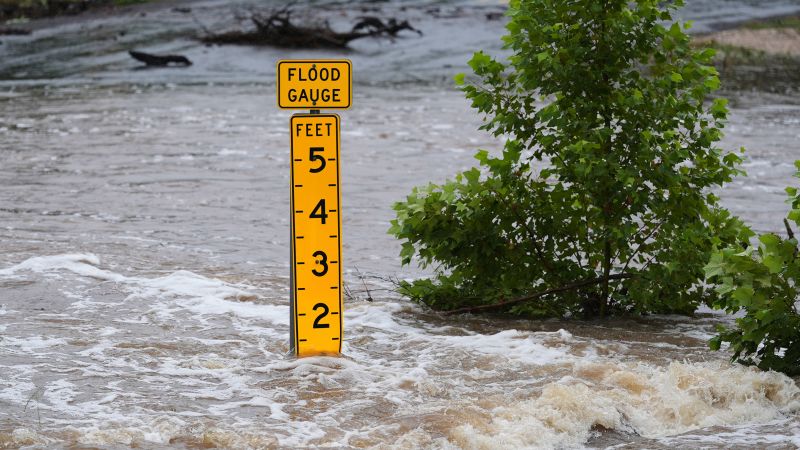U.S. Launches National Security Probes into Drone Imports and Polysilicon
The U.S. Commerce Department has initiated new national security investigations into the import of drones and polysilicon, a key material used in solar panels and semiconductors. The announcement was made on Monday, revealing that these probes were launched by Commerce Secretary Howard Lutnick on July 1, 2023.
These investigations fall under Section 232 of the Trade Expansion Act of 1962, which grants the president the authority to take action against imports deemed a threat to national security. The department’s Bureau of Industry and Security formally posted the details of the investigations to the Federal Register, marking a significant step in the country’s trade and security policies.
Public participation is encouraged, as stakeholders have a window of 21 days to submit comments regarding the probes. Following this period, Secretary Lutnick has up to 270 days to deliver a report on the findings to the president, determining the next steps in addressing potential security risks associated with these imports.
The focus on drones is particularly notable given their increasing use in defense and surveillance applications, which has raised concerns about the capabilities and technologies that may be entering the U.S. market. Similarly, polysilicon is a critical component for clean energy solutions, but its production and supply chains have also come under scrutiny due to geopolitical tensions and supply dependencies.
As global demand for renewable energy technologies rises, the implications of these investigations could have far-reaching effects on the solar industry and the broader semiconductor market. The U.S. government is emphasizing the need for security in these essential sectors, which are vital not only for economic growth but also for national resilience.
The outcomes of these inquiries could lead to new regulations or tariffs on imports, influencing both domestic manufacturers and international trade relationships. As the investigations unfold, industry stakeholders will be closely monitoring developments to gauge their impact on market dynamics and supply chains.
The Commerce Department’s actions reflect a broader trend among nations to reassess import policies in light of national security concerns. As countries navigate the complexities of global trade and emerging technologies, the balance between fostering innovation and protecting national interests remains a crucial consideration.






